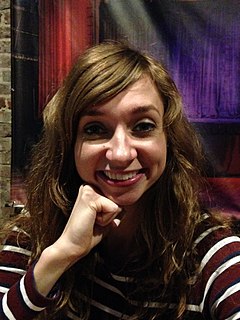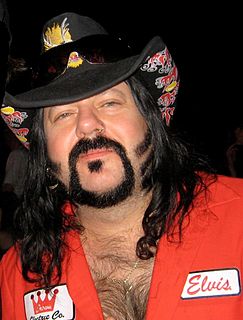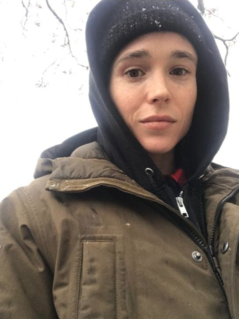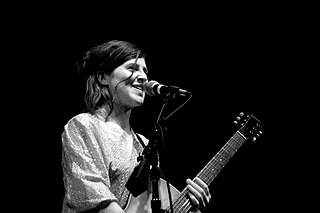A Quote by Lauren Lapkus
It's like, if you tweet anything about One Direction, you'll get a lot of hate - immediately. They're just searching the words and then writing back to anybody who writes about them.
Related Quotes
Go look at what any liberal says about anybody they disagree with, and especially conservatives, the first thing you're gonna hear them talk about is hate, too much hate. Then you'll hear racist, and then bigoted, and automatically homophobic, intolerant. Just go down the list. And they all believe it about any conservative alive. And, in many of their cases, about any Republican alive.
The fact that there's people out there that care about what I'm eating for breakfast or care about a tweet that I posted in 2012 that they pulled up because they were searching on my Twitter and things like that - it's hard to understand, because it's just me, and I just think, 'What's so interesting about me?'
You're able to use a search engine, like Google or Bing or whatever. But those engines don't understand anything about pages that they give you; they essentially index the pages based on the words that you're searching, and then they intersect that with the words in your query, and they use some tricks to figure out which pages are more important than others. But they don't understand anything.
I like a lot of good European films, good - anything really. I'm a big fan of Netflix and I get films from them all the time. If I hear about something that I don't know, that I haven't seen, forgot about, I immediately jot it down and add it to my Netflix list or if there's a film that's available that I haven't seen for many years, I get that.
The core of Animal House was about prejudice, about equality, and about inclusion/exclusion. It was about a group of people who were together and anything went. Anybody who wanted in could get it in. Then there was that other group that nobody could get in, unless they were white, and just alike. It was very representative of the culture in the '60s, '50s, and '40s in America.
I hate being called lazy, so when everybody gets up at half seven in the morning, I'm up at the same time. Everyone goes to work and I'll do a few hours of writing, then I'll mess about for a bit and come back to it. By the time I go home I'm done. I think it's really good to keep that kind of a routine with writing. I find that when I don't do that, it's really hard to get back into that headspace of writing.
I often tell people who want to write historical fiction: don't read all that much about the period you're writing about; read things from the period that you're writing about. There's a tendency to stoke up on a lot of biography and a lot of history, and not to actually get back to the original sources.
So when you're talking about lyrics in the context of music, it's not just about what the words mean, and what you were thinking about when you wrote it. It's not cognitive in that same way. It's almost like music turns words into touch, which is hard to describe, like the feeling of your shirt on your back. It's a pretty delicate thing to try to put into words. You just feel it.
My work is very dear to me, and certainly I have had all the emotional highs and lows that go with trying to get it to an audience. But I do have some kind of detachment that seems somewhat unusual in my trade. I'm a writer who writes every day. I don't have a period of months where I can't get anything done and I wander around tearing my hair out. When I come back from a book tour, for instance, I might have one day where I sleep late and then check my e-mail, and then go for a walk, and then the next day I'm really itching to get back at writing a story.




































